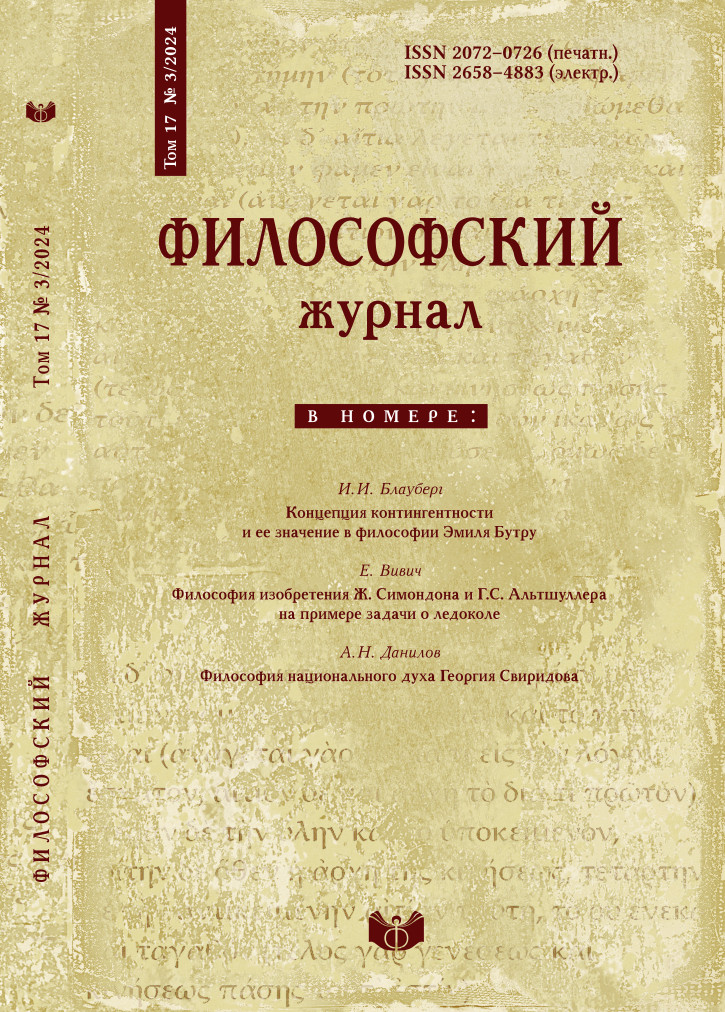Does colour really matter to a sympathetic impartialist? Interrogating Wiredu’s moral universalism and the challenge of racial discrimination
DOI:
https://doi.org/10.21146/2072-0726-2024-17-3-108-120Keywords:
sympathetic impartiality, racism, universalism, morality, moral sentimentAbstract
Does Colour really matter to a sympathetic impartialist? In this article, I return a negative response. The article examines certain aspect of Kwasi Wiredu’s moral philosophy in Cultural Universals and Particulars, and how that aspect of his moral philosophy is applicable to an issue of global concern such as racism. One of the major ways by which Wiredu established his version of moral universalism is through the principle of sympathetic impartiality (PSI). This principle is central to his moral theory because for him, the principle is not only common to all human practice of morality, but is also essential to the harmonization of human interests in the society. This article attempts to interrogate how Wiredu’s PSI could be employed to tackle the problem of racial discrimination that bedevilled the whole world. The study employs the method of textual interpretation, argumentative discourses of Wiredu’s principle of sympathetic impartiality and analysis of the concepts of racism. The paper contends that if the principle of sympathetic impartiality is universally embraced, it stands the chance of reducing the global problem of racism.






